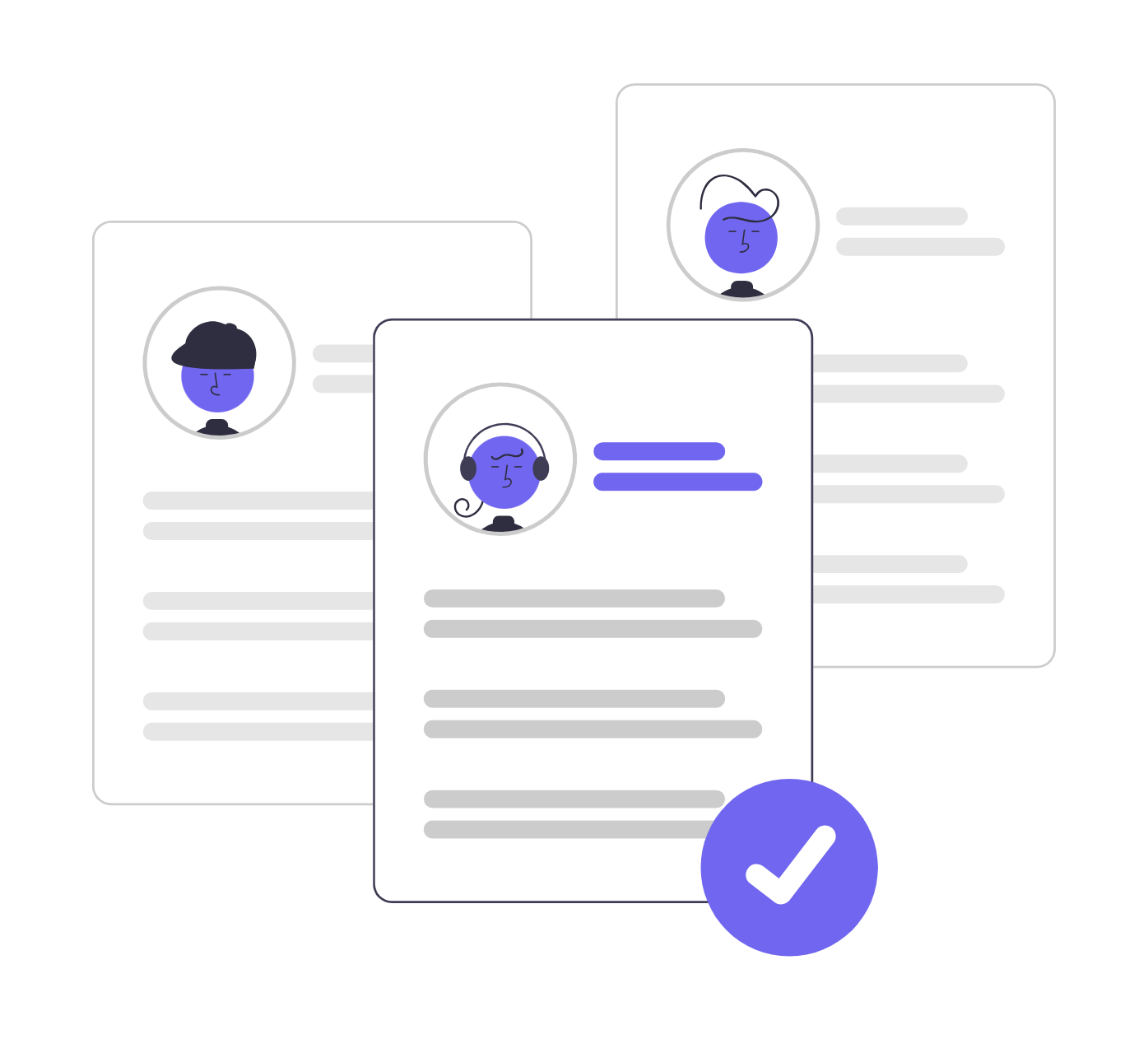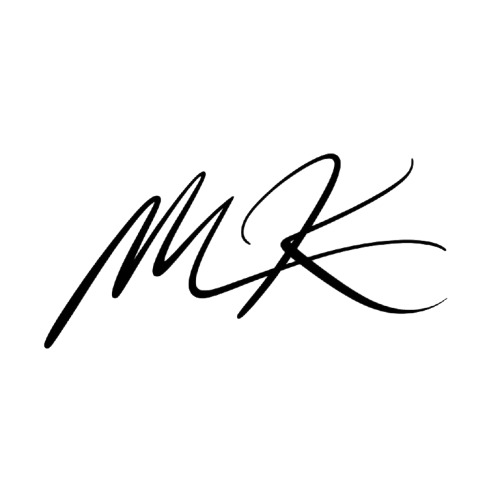Share
Social media isn’t just for selfies and trending dances anymore—it’s become a central tool in how employers find, evaluate, and connect with candidates. Whether it’s scanning LinkedIn to verify a résumé, using TikTok to build an employer brand, or reviewing Facebook posts for red flags, social media now plays a crucial role in hiring decisions.
But how exactly are employers using these platforms—and what does it mean for modern recruitment?
In this guide, we break down how hiring teams are leveraging social media in 2025, the benefits and risks involved, what real recruiters are doing today, and how to use these platforms effectively and ethically. This isn’t theory—it’s a deep dive into what’s actually working on the ground.
What Is Social Media Recruitment?
Social media recruitment is the practice of using platforms like LinkedIn, Facebook, Instagram, TikTok, and even Reddit to source, engage, evaluate, and hire candidates. It covers a wide range of activities:
- Posting job openings in community groups or professional networks
- Running targeted ads to reach niche candidate segments
- Researching candidate profiles during the screening process
- Promoting company culture to attract passive job seekers
Used well, social media expands your reach and helps you hire smarter. But if misused, it can raise privacy concerns and create legal liability.
Why Employers Use Social Media in the Hiring Process
Employers are turning to social media for four strategic reasons:
1. To Reach Passive Talent
Not all great candidates are actively applying. Social media helps companies reach those who are open to opportunities but not browsing job boards every day.
2. To Learn Beyond the Résumé
Public posts, shares, and interactions can reveal a candidate’s communication style, values, and potential culture fit—elements not captured in formal applications.
Easily administer one-click skill tests using workscreen. -This way you can Assess candidates based on real-world ability—not just credentials like résumés and past experience. This helps you hire more confidently and holistically.

3. To Promote Brand and Culture
Social content like team highlights, office tours, and employee testimonials gives candidates a glimpse into what working at your company is really like.
4. To Protect Reputation
A candidate’s social media presence can either enhance your brand—or damage it. Employers use public profiles to avoid PR risks before extending offers.
The Benefits: Why Social Media Is So Valuable to Recruiters
Social media isn’t just about reach—it adds multiple layers of value to the hiring process:
 Broader Talent Pool
Broader Talent Pool
Posting on platforms like Facebook and Instagram helps employers connect with candidates outside traditional job boards.
 Low-Cost Sourcing
Low-Cost Sourcing
Many recruiters post in free job groups or rely on employee sharing. Even paid ads are cheaper than many premium listings on major hiring platforms.
 Stronger Employer Branding
Stronger Employer Branding
Consistent social activity builds trust and familiarity. Candidates are more likely to apply when they’ve seen positive behind-the-scenes content.
 Candidate Insights
Candidate Insights
Recruiters gain additional context about a candidate’s interests, projects, or volunteer experience—helping them assess soft skills and alignment.
The Risks: Legal and Ethical Pitfalls to Avoid
Despite its advantages, using social media during hiring comes with serious risks:
 Privacy Violations
Privacy Violations
Requesting access to private profiles or passwords is illegal in many U.S. states. Even looking at public posts can become problematic if not done carefully.
 Discrimination Traps
Discrimination Traps
Seeing information about a candidate’s race, religion, gender identity, or political beliefs can lead to unconscious bias—triggering violations of Title VII of the Civil Rights Act.
 Misidentification
Misidentification
With common names and anonymous accounts, it’s easy to confuse someone for the wrong person—and base a hiring decision on inaccurate assumptions.
 Inconsistent Screening
Inconsistent Screening
If one candidate’s profile is reviewed but another’s is not, your process may appear biased or unfair. Consistency and documentation are essential.
Eliminate low-effort applicants—including those who use AI Tools to apply, copy-paste answers, or rely on "one-click apply." This way, you focus only on genuine, committed, and high-quality candidates—helping you avoid costly hiring mistakes.

How Employers Screen Candidates on Social Media
When employers do look at social profiles, here’s what they typically check for:
- Red flags: Hate speech, harassment, illegal activity, violent posts, or breaches of confidentiality
- Inconsistencies: Contradictions between résumé claims and social activity
- Professionalism: How a candidate represents themselves online, especially in public-facing roles
- Cultural fit: Evidence of collaboration, community involvement, or aligned values
According to Reddit users working in hiring, excessive posts involving guns, violent rhetoric, or extreme political stances are often dealbreakers. But harmless personal posts or group photos are usually ignored.
What If a Candidate Has No Social Media?
Contrary to popular belief, not having a social media footprint isn’t a red flag.
In fact, many STEM and blue-collar candidates either maintain private accounts or abstain altogether. In these cases, employers may turn to structured personality assessments or deeper interview questions to gauge culture fit.
The absence of social content doesn’t disqualify someone—but it may shift the evaluation path.
Social Media as a Passive Sourcing Tool
Beyond screening, social platforms are valuable for sourcing—especially for high-volume or hard-to-fill roles.
Here’s how recruiters are making it work:
 Facebook Groups
Facebook Groups
Posting in niche job groups or creating your own group can build a free pipeline of local or industry-specific candidates.
 Instagram and TikTok
Instagram and TikTok
Short videos showcasing your workplace, team culture, or application process can go viral and attract unexpected applicants.
 Employee Referrals via Social Media
Employee Referrals via Social Media
Encouraging team members to share openings on their personal networks expands reach and boosts referral quality.
“I only pursue people who take the steps to contact me,” one Reddit recruiter explained. “The rest is just noise.”
That mindset—prioritizing candidate effort—helps filter out low-quality leads from platforms with high volume but mixed intent.
What’s Actually Working: Real-World Recruiter Insights
From Reddit discussions and field examples, these strategies emerged as most effective:
- Controlled posting in Facebook job groups
✅ Works well for high-volume warehouse and labor roles
✅ But requires daily management to avoid spam and buried posts - Short-form video content on TikTok and Instagram
✅ Great for branding and attracting younger audiences
✅ But don’t expect direct conversions—use it to boost visibility - Employee amplification and referrals
✅ Encouraging your team to share roles improves trust and targeting
✅ Adding referral bonuses can incentivize this further - Using social platforms for passive leads only
✅ Don’t rely on comments like “Interested”
✅ Prioritize those who email, call, or submit applications
Best Practices for Ethical and Effective Social Media Hiring
To use social media well—and avoid legal and reputational fallout—follow these expert-backed practices:
 Stick to Public Content
Stick to Public Content
Only review publicly accessible information. Never request private account access or passwords.
 Ensure Relevance
Ensure Relevance
Assess content only if it’s job-related—avoid making decisions based on political opinions or personal lifestyle.
 Be Consistent
Be Consistent
If you screen one candidate via social media, do the same for others in the same hiring stage.
 Document Everything
Document Everything
If you reject someone based on social findings, document the exact reason in case of future disputes.
 Train Your Team
Train Your Team
Ensure recruiters know how to assess profiles fairly—and avoid acting on unconscious bias.
 Get Consent for Formal Checks
Get Consent for Formal Checks
If using third-party background check services that include social media, provide notice and obtain written consent.
Conclusion: Use Social Media Wisely, Not Carelessly
In 2025, social media is a powerful tool for hiring—but also a risky one if used improperly. The smartest employers treat it as a supplement, not a substitute.
When used strategically:
- It expands your reach
- Enhances your employer brand
- Gives deeper insight into candidates
- And helps protect your workplace culture
But to do it right, you need ethical policies, legal awareness, and a consistent process.
Hiring isn’t just about skill—it’s about judgment. And how you use social media says a lot about yours.
Quickly identify your most promising candidates. WorkScreen automatically evaluates, scores, and ranks applicants on a performance-based leaderboard—making it easy to spot top talent, save time, and make smarter, data-driven hiring decisions.

FAQ
A: Yes, social media is now a standard part of many hiring processes. Employers use it to source candidates, promote job openings, evaluate cultural fit, and screen for potential red flags. Platforms like LinkedIn are widely used for professional networking, while Facebook, Instagram, and even TikTok are increasingly used to promote employer brand and engage passive talent.
A: According to recent industry reports, around 70–90% of employers use social media at some stage of the hiring process. This includes sourcing candidates, posting job ads, and reviewing public profiles during pre-employment screening. Usage varies by industry and role type, with higher adoption in sectors like tech, marketing, and customer-facing roles.
A: Yes, employers are legally allowed to review publicly available social media content. However, they cannot ask candidates for private account access, passwords, or login credentials—many U.S. states explicitly prohibit this. Employers must also avoid making hiring decisions based on protected characteristics (e.g., race, religion, gender identity) that may appear on social profiles, to stay compliant with anti-discrimination laws like Title VII of the Civil Rights Act.
A: Employers often check for:
- Signs of professionalism and good judgment
- Cultural alignment with the organization
- Red flags such as hate speech, harassment, or illegal activity
- Evidence of qualifications, community involvement, or relevant interests
The goal is not to invade privacy but to gain additional context that supports informed hiring decisions.
A: Yes, it can—particularly if the content reflects poorly on the candidate’s judgment or poses a reputational risk to the employer. Examples include discriminatory comments, threats, illegal behavior, or offensive public posts. That said, reputable employers should follow a consistent process, evaluate content fairly, and document any decisions made based on social media findings.
A: Candidates should:
- Review their public profiles and remove outdated or unprofessional content
- Adjust privacy settings to control what is visible publicly
- Use LinkedIn and other platforms to highlight accomplishments and industry engagement
- Avoid posting content that could be misunderstood or controversial in a professional context

